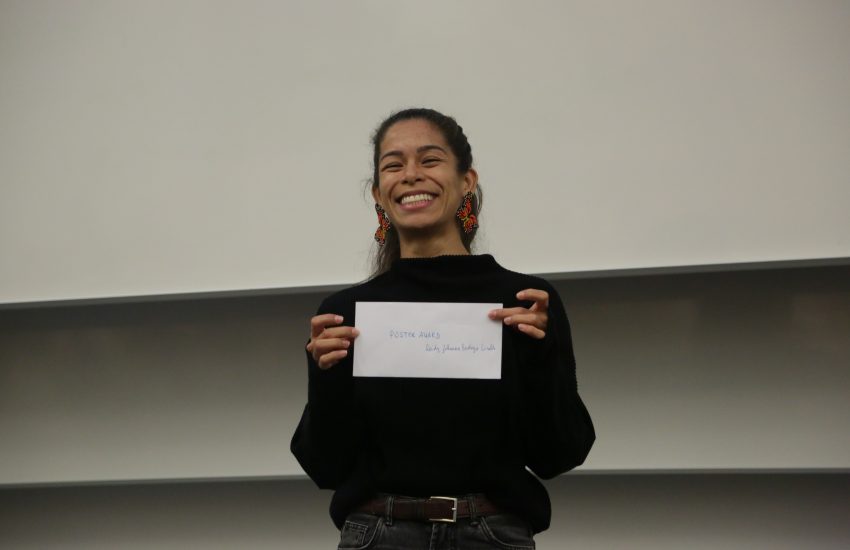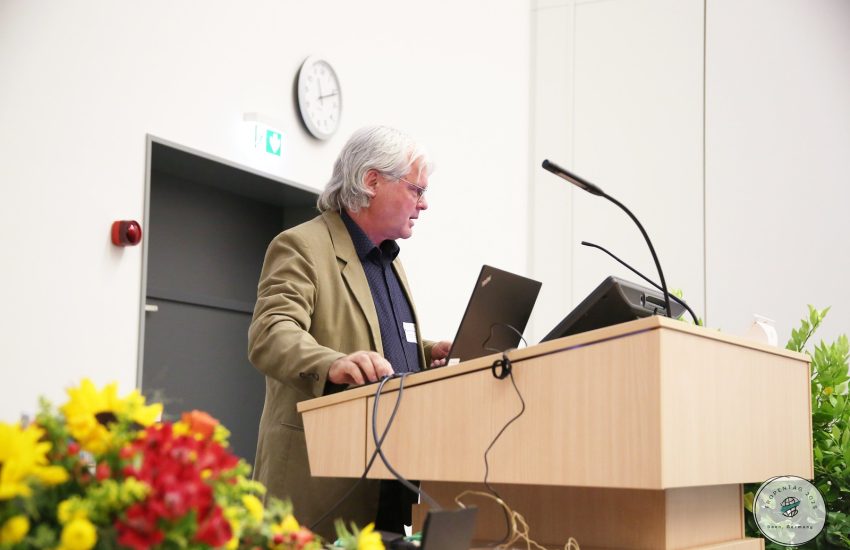From Plates to Policies: Serving Food Security with a Twist
If food is love, then Tropentag’s workshops on food security were a full-course meal, rich in flavors, seasoned with hard data, and garnished with big ideas. From tackling malnutrition to diversifying diets, the discussions reminded us that what ends up on our plates is shaped as much by politics and policy as it is by soil and seeds.
We began in sub-Saharan Africa, where one workshop asked the tough question: how much progress are we really making against malnutrition amid global, socio-economic, and agricultural shifts? The answer, as expected, was complicated. There are signs of improvement, but also stubborn inequalities that mean some communities still face empty bowls while others have choices in abundance.
Meanwhile, another workshop encouraged us to rethink the menu of African food systems. The idea of diversifying the food chain for food security in Africa painted a colorful picture of millet alongside maize, indigenous vegetables reclaiming their space, and diets that nourish not just stomachs but ecosystems too. It was less about replacing staples and more about adding spice to the mix because who doesn’t love variety?
Of course, food security isn’t only about what we grow, it’s also about the inputs that make agriculture possible. Enter the African Fertilizer and Soil Health Action Plan. In a workshop on inclusive and transformative strategies, experts explored how soil, the quiet hero beneath our feet, can be managed to produce healthier harvests and healthier people. After all, without fertile ground, even the most ambitious policies risk becoming empty promises.
Finally, a workshop on strengthening food value webs for agroecological transitions stitched it all together. Think of it as the glue that connects farmers, markets, policymakers, and consumers into one big table where everyone gets a seat. Agroecology here wasn’t a buzzword, it was a roadmap for fairer, more resilient food systems.
So what’s the takeaway from this buffet of ideas? That food security is more than calories, it’s culture, soil, equity, and choice. It’s a story that stretches from village farms to global boardrooms. And if Tropentag 2025’s workshops showed us anything, it’s that the recipe for change exists, it just needs the right chefs, ingredients, and perhaps a dash of political will.



